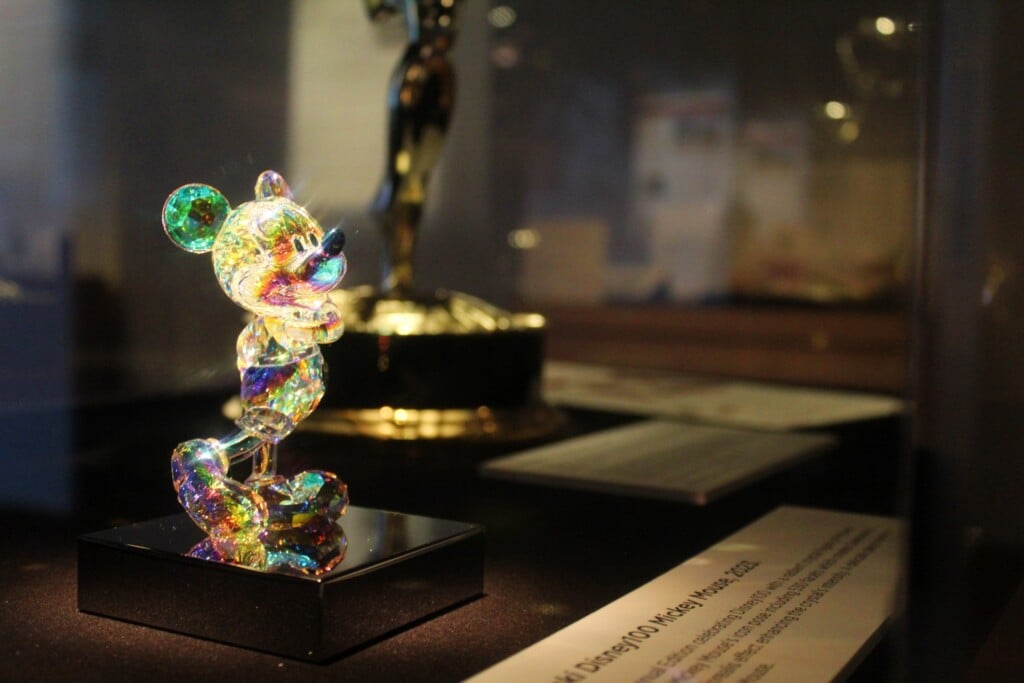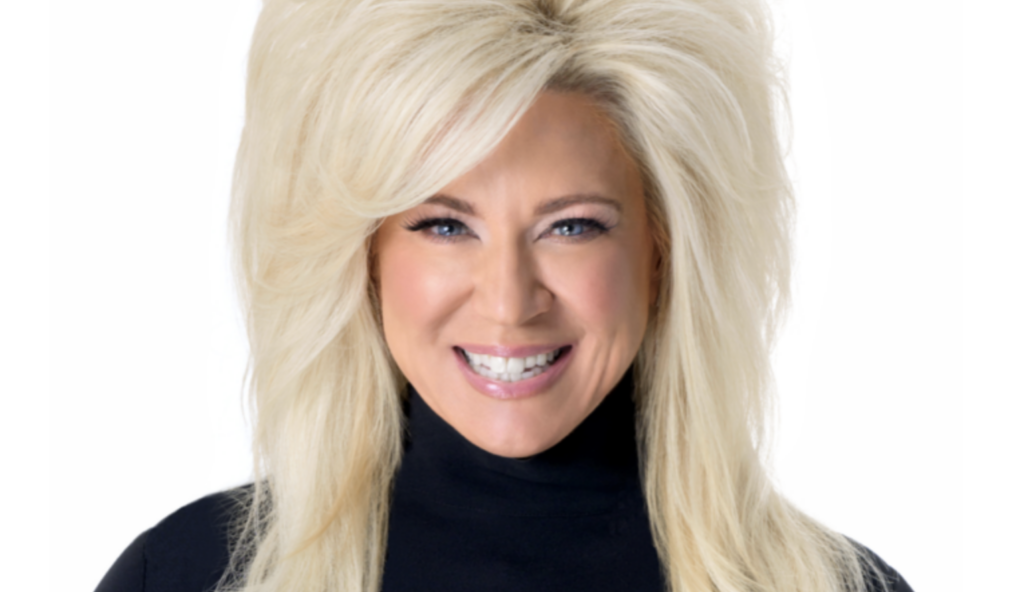Religious Freedom
Second to lawyers, perhaps no other professional group is more culturally maligned than nuns. From Sister Mary Ignatius_ to Agnes of God to jokes such as “What’s black and white and red all over? A nun rolling down a hill,” playwrights and comics have declared nuns fair game. Before Susan Sarandon’s complex portrayal of Sister Helen Prejean in Dead Man Walking, nuns were uniformly cruel, wizened and horrible.
American Heartland Theatre’s Over the Tavern by Tom Dudzick continues the assault in its portrait of Sister Clarissa. For much of the play, Merle Moores’ Sister is a prunish marauder, using her wooden ruler to beat onto her charges’ palms an understanding of the “danger in leniency.” But the central antagonist miraculously adds “protagonist” to her résumé by the time the curtain comes down.
What makes the play, which is competently directed by Mark Ciglar, a slight cut above the battle-scarred Nunsense franchise is how Sister Clarissa’s humanity is allowed to peek through her wimple. Dudzick veers the play into darker waters, while Moores skillfully rides Dudzick’s shifting tones. And there’s a lot to be said for the contributions of her diminutive costar, St. Peter’s Catholic School sixth grader Tony Cordaro, who gives one of those sturdy child performances that come along about as often as former Catholics go to confession. You can count on seeing him on stages through his teens and well into adulthood.
Cordaro plays Rudy Pazinski, the youngest of four Pazinskis, who lives with his parents above the family’s faded jewel, Chet’s Bar & Grill. His siblings are Eddie (Brad Malow), whose obsession with sex causes him to keep his softcore porn collection well-hidden; Annie (Miranda Wilson), whose change in hairstyle from a downy good-girl flip to a ratted beehive signals other changes to come; and George (Matt Griggs), who is referred to as retarded but has all the symptoms of what would now be diagnosed as autism (the play is set in the 1950s). The parents overseeing the Pazinski quartet are the distant and cranky Chet (Paul Orwick) and the sassy yet truly loving Ellen (Elizabeth Robbins).
The play becomes a boxing match pitting the punitive Sister Clarissa and all of her dogma against Rudy’s prescient philosophical questions. “There are hundreds of religions,” he says to the appalled Sister, “and I just thought I’d sample others.” After a health scare puts Sister Clarissa in the hospital, Rudy continues to get her goat, greeting her with an enthusiastic “Shalom” and wearing a yarmulke he’s fashioned from a Mickey Mouse hat. But in this house in this diocese in these times, all “others” are hell-bound sinners — especially the kids’ peers who have the misfortune merely of attending public school.
Kids with religious doubts are frequently ridiculed, as if questioning anything sacred were a crime. (I recall in childhood asking a Methodist minister, “What if the author of the Bible had been writing a novel?” and receiving a blank stare instead of an open invitation for dialogue.) But the manner in which Dudzick advances the story is intriguing in its unpredictability. The father thinks the family needs more religion at home while the missus says she favors the opposite — perhaps they need to “ease up a little bit.” And a subplot about Chet Pazinski’s abusive father singes, for one scene anyway, all the comic elements right out of the play.
Problematic, thudding microphones betray whatever sound design Roger Stoddard had in mind, and Shane Rowse’s lighting ideas are virtually nonexistent — they’re of the lights-on, lights-off school of design. But Del Unruh’s true-to-period walk-up (with a noticeably absent picture of Jesus) seems to help most of the actors immerse themselves completely in the time — especially Cordaro. He delivers a dead-on impersonation of Ed Sullivan, of whom no thirty-year-old — much less twelve-year-old — has any business knowing.
The weakest link in the cast is Orwick, whose rants and rages seem forced and unconnected to his character. He might take notes from the troupe playing his wife and children, who often propel the play out of its rigid sitcom sensibilities. Watching Robbins swilling a couple of beers while having heart-to-hearts with her girl, or Griggs rocking on the floor rapt by his fidgeting hands, or Malow fighting his libido, puts more realism into the show than even the author might have thought possible.




